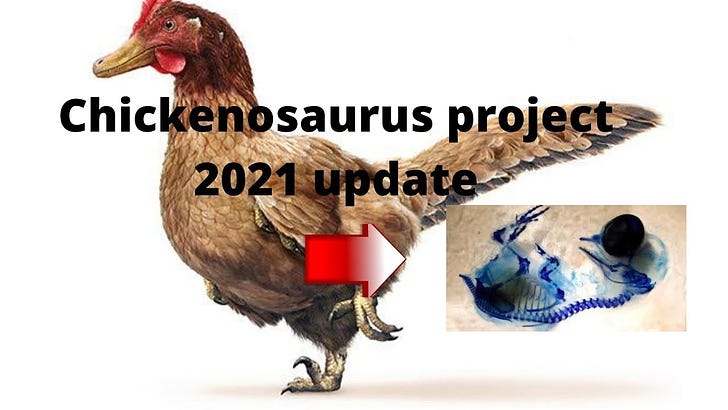Original Website Blurb from 2012
How do we take this level of care, craft, and creativity
http://www.smosh.com/smosh-pit/photos/best-posts-batmans-facebook-wall
and apply it to this?
http://www.nature.com/nature/journal/v486/n7401/full/nature11018.html
Ironically (iff you missed the posts on selfishness earlier in the week), the Nature article above, which discusses the likelihood of a complete blue-screen crash of the global ecosystem, is not open access. I can get to it, if I’m on campus, but you may not be able to. You’ll have to settle for second-hand coverage.
http://www.wired.com/wiredscience/2012/06/earth-tipping-point/
http://green.blogs.nytimes.com/2012/06/06/are-we-nearing-a-planetary-boundary/
I’m not knocking these bloggers. That’s some first-rate second-hand coverage, especially if you dig past the first layer of bloggers reflexively quoting each other -- for instance, these two articles, which offer opposing views of technological innovation and food production, one where rising prices are good, and one where rising prices are bad:
http://green.blogs.nytimes.com/2011/06/06/reverend-malthus-and-the-future-of-food/
http://www.pulitzer.org/archives/6007
But still. I made a promise to myself during my post-doc ethics seminar (I think) that I would only publish in open-access journals. That hasn’t been much of a problem yet, because as faculty in community colleges and a general education division, I’ve been teaching and writing grant applications instead of publishing (as my chair keeps reminding me). My first post-postdoc article, which I just submitted two weeks ago, was to an open-access journal, but how long can I afford to limit myself in that way when my competitors don’t? Am I doomed to a TENURE, TENURE, UBER ALLES kind of mindset? Can I, in my current academic environment, combine my loves of science and art and public service into a new species of career? Get a little hybrid vigor going?
My guest this week, historian Brett Walker, suggests that the same short-term game of economic competition tends to overwhelm all other concerns. He uses economic language rather than biology’s vocabulary about sexual selection or arms races, but I think the dynamics are the same. His book is about how Japan’s agricultural transformations, driven in large part by American land-grant universities just like mine, took less than 50 years to kill every wolf in Japan. At the same time, as he pointed out to me, Japan has the most efficient car fleet and the highest recycling rate in the world.
Where is the tipping point? Are we past it already? Do we still have time? I don’t know, but I’m not ready to give up yet. As the author of the Nature article Barnosky reportedly said, We’ve only actually, irretrievably lost 1 or 2% of the Earth’s species. We may still have time, if we will only follow the example of Ra’s al Ghul and get to work destroying humanity instead of screwing around on Batman’s Facebook page.
Didn’t see that one coming, didja? Mwa-ha-ha-HAAAAAAA.
Updates from 2021
Brett Walker won a Guggenheim Fellowship to study global asbestos exposure in 2013, about a year after our interview, according to one of the brag-rag profiles from Montana State University, where he is their favorite hometown-boy-turned-history-professor. His book The Lost Wolves of Japan apparently won some prizes.
Another of those profiles summarizes his fifth book, A Family History of Illness: Memory as Medicine (which reverses the normal convention of book-naming, to my mind). Walker got sick with pneumonia, and his immune system collapsed in the face of it. Supposedly he still has to take monthly shots of immunoglobulins to stay alive, a less extreme treatment than living in a bubble, but not fun.
Up to that point Walker had been an objective / scientific historian, examining big systems. In this book he wove his own family’s history into the narrative. I’m thinking about these issues myself today, following a morning visit to the Country Doctor Museum in tiny Bailey, NC. My paternal grandmother was a back country midwife. My dad mentioned this to me a time or two, but never told any detailed stories about it, because of course she probably never talked much about that sort of “women’s work” to her sons. Or maybe she did. I should ask.













Share this post